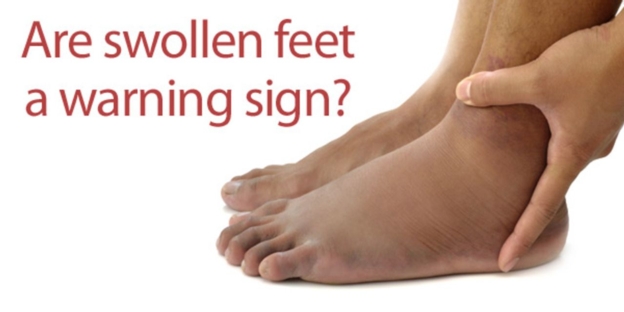|
Kenneth Davis

T H O U G H T F O R C O N S I D E R A T I O N
Take time to re-evaluate your life and take stock to see what is really important to your well-being on every level. But, remember to put first things first, and that would be your spiritual wellness. I am doing a particular work in this season to prepare you to be dedicated and consecrated to do and to be all that I have called you to. This is a true spiritual work that will begin and end with your vital connection with Me. 2 Peter 1:5-10 But also for this very reason, giving all diligence, add to your faith virtue, to virtue knowledge, to knowledge self-control, to self-control perseverance, to perseverance godliness, to godliness brotherly kindness, and to brotherly kindness love. For if these things are yours and abound, you will be neither barren nor unfruitful in the knowledge of our Lord Jesus Christ. For he who lacks these things is shortsighted, even to blindness, and has forgotten that he was cleansed from his old sins. Therefore, brethren, be even more diligent to make your call and election sure, for if you do these things you will never stumble.
~SMALL STRAWS IN A SOFT WIND by Marsha Burns~
.jpg)
4 Ways Your Feet Are Telling You That Your Liver's In Trouble
Lauren Gray ©© Provided by Best Life
Having a healthy liver is an important part of maintaining your overall health. As the largest organ in the human body, your liver performs over 500 essential functions, including blood filtration, waste removal, and bile production. Given its crucial role, it's important to recognize when your liver's health has been compromised—and certain red flags may appear in your feet.
1 Swelling
If you notice a buildup of fluid in your legs, ankles, or feet, experts say the swelling could be due to one of several related liver conditions: hepatitis B, hepatitis, C, cirrhosis, fatty liver disease, or even liver cancer. The Cleveland Clinic explains how having one of these conditions can snowball into having several conditions at once. "If you have hepatitis B or hepatitis C, you have an increased risk of liver cancer because these diseases often lead to cirrhosis," their experts write. "Any cause of liver disease can lead to cirrhosis, which increases your chance of liver cancer." Discussing your symptoms with your doctor sooner rather than later may help prevent further damage to your liver, they say.
2 Itchy feet
In advanced cases of hepatitis, some patients develop itchy skin on their hands and feet, writes Louetta Foot and Ankle Specialists, a Texas-based medical group. Their experts say that's because you may "develop a condition called pruritus, which makes your skin very itchy. Often, the itching is isolated on your hands and feet." They add: "Even without pruritus, side effects of treatment can dry out your skin and cause itching. For that reason, proper moisturizing routines will be very important."
3 Foot pain
Your feet contain 26 bones and 33 joints each, making them prime targets for arthritic pain. While this foot pain can have a wide range of underlying causes, liver conditions are known to be among them. "Pain can come both from the diseases that lead to cirrhosis and/or cirrhosis can make the pain from existing diseases worse," explains the Cleveland Clinic. "For instance, if you have non-alcoholic fatty liver disease and are obese, you may also have osteoarthritis and cirrhosis makes your bone and joint pain worse," their experts write. "Cirrhosis also causes an inflammatory state in your entire body. Inflammation and your body's reaction to inflammation can cause general pain."
4 Tingling or numbness
People with liver problems may experience tingling or numbness in the feet as a result of a hepatitis C infection or alcoholic liver disease. It can also be the result of diabetes, which is more common in people with liver problems since the liver regulates glucose levels. All three of these conditions are known to cause peripheral neuropathy, which damages the nerves outside of the brain and spinal cord. According to the Mayo Clinic, any one of the above symptoms would be reason enough to seek medical care. They recommend calling your doctor if you "have persistent swelling that doesn't improve at all after two to five days of home treatment, have persistent pain that doesn't improve after several weeks," or "have burning pain, numbness or tingling, particularly involving most or all of the bottom of your foot."

|